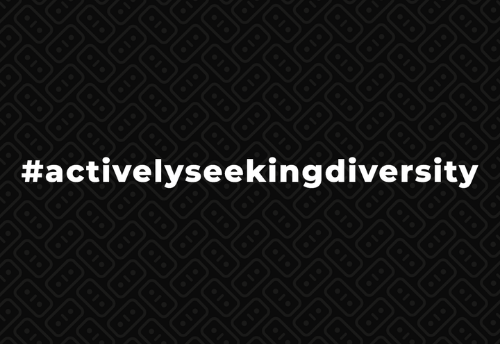Should You Start A Facebook Group — ASMM Digital Marketing
If you’ve been paying attention to your fellow business owners, aka your competition, on social media (which we’ve encouraged you to do in past blog posts) you might have noticed that some businesses are forming Facebook groups for their customers to join. And to be honest, you might be wondering what the point of this is. After all, what’s the difference between a Facebook group and a Facebook page? And is there an advantage to having both of them set up?
In short, yes — there are separate benefits to having both a page and a group for your social media followers. A page is about establishing your brand and promoting what you have to offer; a group, on the other hand, is about building community.
Let’s start by taking a look at the key differences:
Facebook Pages are similar to a personal account, except they’re created specifically for things like businesses, organizations, and public figures. Basically, anybody can like the page to follow it (as opposed to becoming friends with somebody’s personal page). The page then shares posts that its followers can like or comment on.
Facebook Groups are forums where users with a shared interest can engage in discussion together. Anyone in the group can post in the discussion thread, and anyone can then comment or like those posts. Although groups do have administrators who serve as moderators (and who, in some groups, must approve posts before they go public), the admins are not the only ones providing content. About 1 billion Facebook users are currently a member of at least one group.
It’s becoming increasingly popular for businesses to set up Facebook groups that are linked to their business for practical reasons — mostly, the fact that groups get way more exposure than pages do. When Facebook changed its algorithms in January 2018, many businesses found it increasingly difficult to get their content in the feeds of their followers. That’s not the case with groups, which don’t seem to be perceived by the algorithms to be content coming directly from the page of a for-profit company.
But groups are important for brand development when you use them for:
Customer support — your group members can ask and answer questions, thus freeing up a lot of time and energy for you and your staff.
Education about your industry — group members can discuss pertinent topics that are relevant but not necessarily specific to your business.
Soliciting feedback — let’s hope it’s mostly positive, but even if somebody posts negative feedback, it’s better to have that in a place where you’re able to address it than happening somewhere else on the internet where you don’t know about it. You also might be surprised by how many group members jump to your defense in the case of negativity.
Customer connection — you might be pleasantly surprised by how two strangers with little else in common will bond by their mutual appreciation of your brand.
With a group, the conversation is going to be much more genuine — it’s not your page generating every conversation. Members can provide the content, making discourse feel much more interactive and two-way. After all, isn’t that the whole point of social media?
This also demonstrates thought leadership on your part as a business owner. Your group members will perceive you as a brand that listens to feedback, seriously considers suggestions, and actually cares about what your customers think. That’s a good thing because a wider variety of input is helpful in strengthening your business, and customers are much more likely to be loyal to brands they believe truly value them. Customers with a stronger appreciation for your brand will be more likely to talk you up with people within their sphere outside of Facebook.
Ready to set up a Facebook Group for your business? Keep the following tips in mind:
Use keywords AND your business name in the name of the group. This will make it easier for you to show up in searches regardless of whether people are searching for your specific group or just a group that’s relevant to their interests.
Consider whether you want to make your group public or private. A public group might have more traffic, but a private group ensures that you don’t have any trolls who are just joining to cause trouble.
Set your business page up as the group administrator so that you can be seen as an authority when you need to guide the conversation or enforce rules.
Don’t forget to check your page regularly. Your members will lose interest if they get the impression that you’re not engaged in any of the conversations. In the beginning, you might need to create the first couple of posts to get people warmed up to the idea of having a conversation. Above all, be patient and give it a little bit of time.
If you like the idea of starting a Facebook group for your business but feel daunted about the prospect of setting one up, the team at Ann’s Social Media & Marketing can help. Reach out today by calling 443-679-4916 or emailing [email protected].
This content was originally published here.

